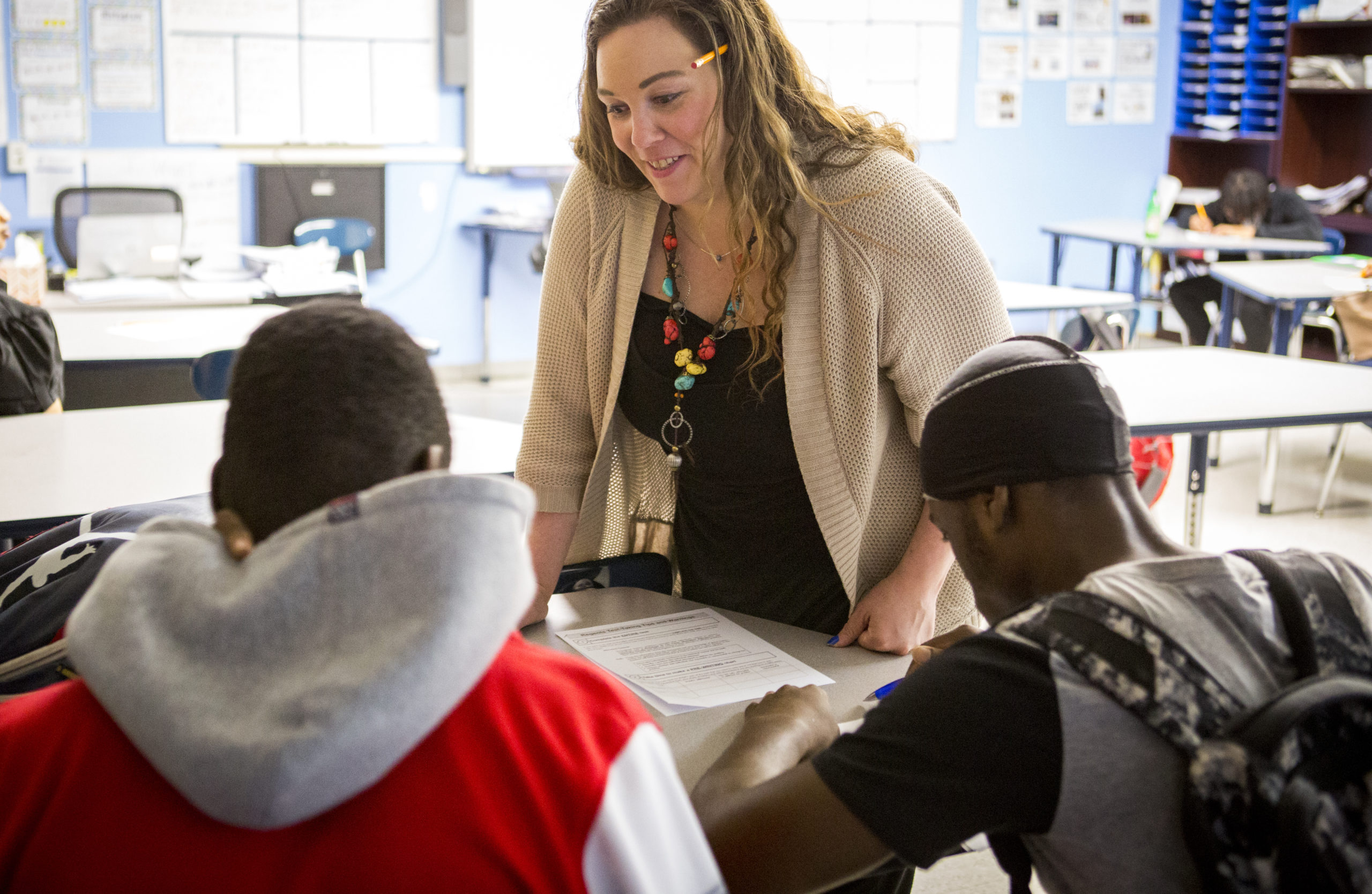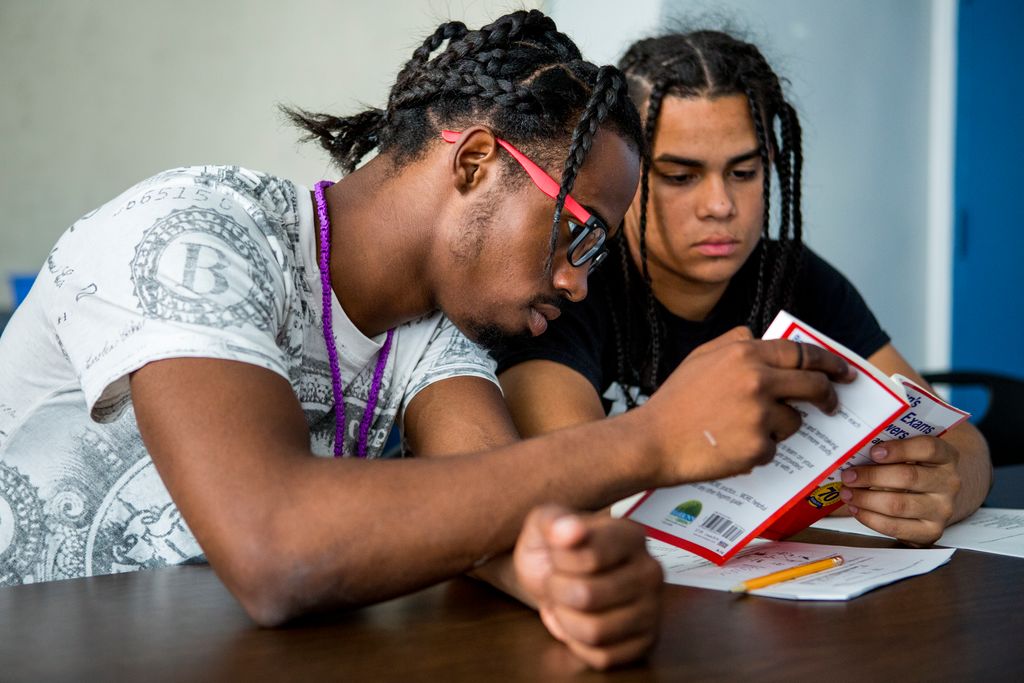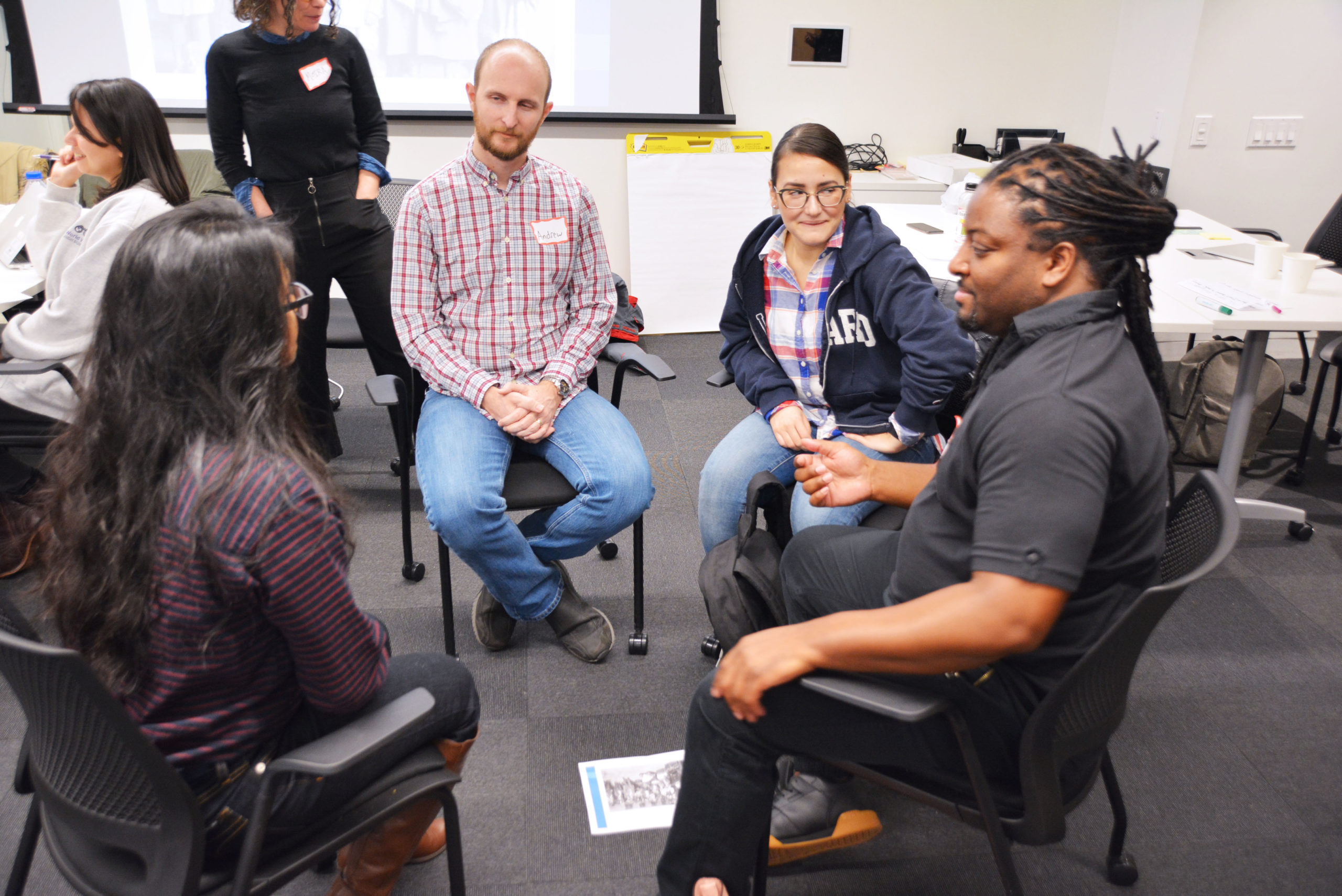BIPOC Educators’ Network
About the Program
The BIPOC Educators’ Network is a professional learning community centered on racial identity, educator care, and professional growth developed to respond to the needs identified by Black, Indigenous, Latino/a, Asian, Asian-American, or Pacific Islander educators.
This program will provide BIPOC educators with a professional learning space that focuses on their whole person through opportunities for:
- Building a joint understanding of the joys and resources offered from various educator perspectives
- Discussing challenges they are encountering in school as educators of color and, as needed, providing feedback or taking action to improve school climate
- Supporting and networking for career development, regardless of where they are in their career journey
Approach
-

Culturally Responsive Pedagogy
This professional learning space will focus on the participants whole person through opportunities for building a joint understanding of the joys and resources offered from various educator perspectives, discussing challenges they are encountering in school as educators of color and, as needed, providing feedback or taking action to improve school climate. Professional learning is related to topics based on participant interests. Examples could include identifying leadership opportunities, building relationships with students and families, personal socio-emotional learning, educator resilience, and stress reduction.
-

Literacy
Educators will be introduced to metacognitive questions at each session that support their engagement as learners. During sessions, participant background knowledge for topics will be shared so learners can feel more connected to the information discussed and to the unique perspective of various racial identities represented. We aim to make the learning strategies transparent by naming them and sharing supporting resources.
-

Adult Learning
The BIPOC educators network will incorporate the following adult learning approaches:
Funds of Knowledge
- Learning activities build on the lived experience, knowledge, and assets of the participants; facilitators design based on the assumption that participants will bring skills, knowledge, and experiences to the learning
- Facilitators create an environment in which learners can bring their whole selves to the learning, especially with respect to honoring and building upon the knowledge, experiences, and ways of learning of communities of color and other marginalized communities
- Learning activities empower the learners to use their prior knowledge, new knowledge, and qualitative and quantitative data to inform their meaning-making and decision-making processes
Trust-Building
- Learning experiences include time devoted to building relationships between and among participants
- Learning experiences acknowledge and validate socio-emotional needs and support learners in building their SEL awareness and skills. This includes transparent goals and agendas and consistent routines and protocols, balanced with openness and responsiveness to participant questions, requests, needs, and experiences.
Project Team
-
- Rachelle Verdier
Contact
For questions about the project please email us at rverdier@newvisions.org